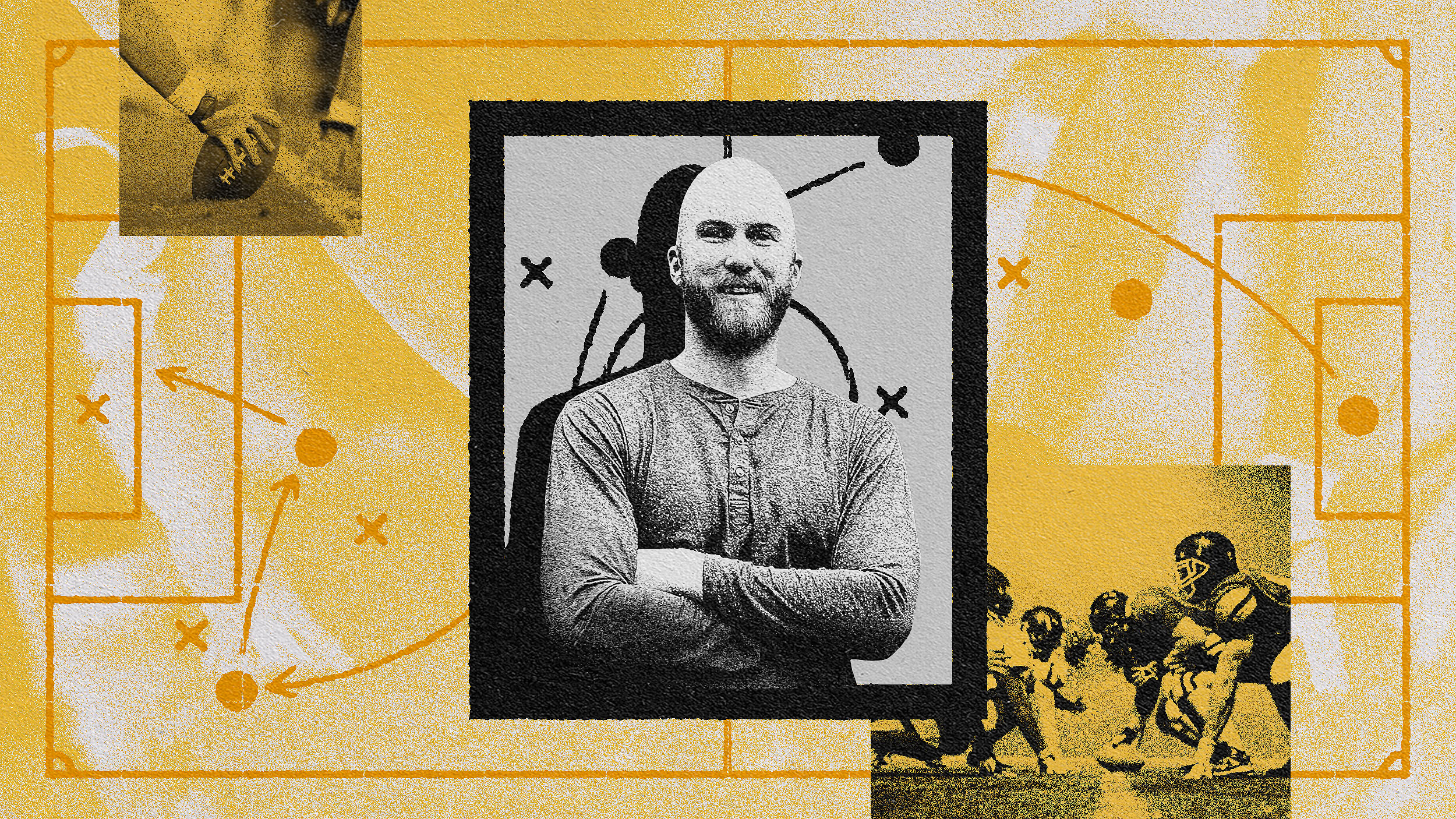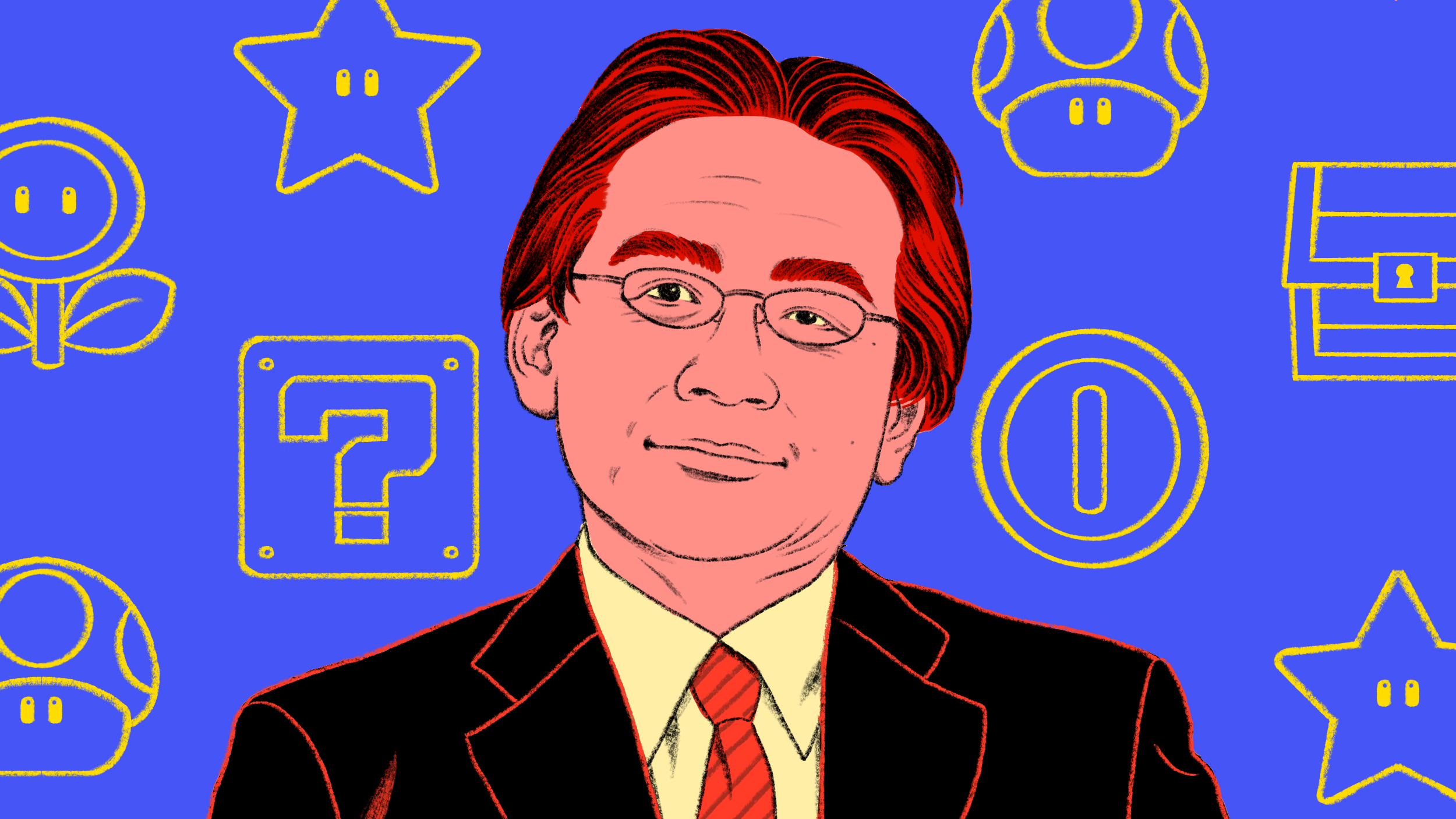Jeffrey Sachs: When I was a kid the greatest thing imaginable for me was the moonshot. President John F. Kennedy said to the U.S. Congress in May 1961, “I believe this country should commit itself to the goal, before the decade is out, of landing a man on the moon and returning him safely to the Earth.” Well, how cool was that? And President Kennedy’s vision not only rallied the country but was fulfilled when Neil Armstrong walked on the moon in the summer of 1969. In our time we’ve had a different kind of moonshot in my opinion, and that is the moonshot to make our world safe, fair and sustainable. And Kofi Annan, then Secretary-General of the United Nations in the year 2000, a great man, at the start of the new millennium said to the world leaders, “Let’s also take a goal, a goal to fight global poverty and wrestle it down to size.” And he put on the agenda of the world the Millennium Development Goals. These were adopted in a summit of the heads of state in the year 2000, and they said “Let’s get extreme poverty, the kind of poverty that kills, let’s get that down at least by half by the year 2015.” Well, despite all the noise in the world, and the uncaring and the distractions and the confusion and the war in Iraq and all the rest, there was some focus finally on this kind of moonshot in our time of fighting extreme poverty and major initiatives were undertaken. For example, establishing the global fund to fight AIDS, TB and malaria and those diseases started to really get under control for the first time; big successes, even in a distracted and confused world. Well, fast-forward 12 years after those Millennium Development Goals were adopted to 2012, yet again world leaders came together on the anniversary of the Earth Summit, which had been a 1992 meeting, to try to tackle climate change, environmental crisis, and so on in Rio de Janeiro. Twenty years later when governments got together again they looked and they said “We’re not doing very well. Climate change is running out of control, we’re destroying other species, we’re chopping down the Amazon. You look around, we’ve got serious problems.” At that point one of the governments, the government of Colombia, had a really bright idea, and the Colombian Government noted, “Look the Millennium Development Goals are making progress against poverty, why don’t we have a set of goals that builds on that to achieve sustainable development?” What did they mean by that? What does even sustainable development mean? What it means is that we want a world that is prosperous but also fair and environmentally sustainable, where we’re not destroying ourselves with human-induced global warming and destroying other species and polluting to the extent that millions of people die prematurely every year because of air and water pollution, and wrecking our oceans as well. So in 2012 the government said, looking at the Millennium Goals and their progress, “Let’s take the period after 2015 to 2030 to get finally the world on track to achieve sustainable development, that is: a world of prosperity, social justice and environmental sustainability.” And lo and behold they negotiated, they adopted goals and targets, and on September 25, 2015 all 193 governments of the United Nations, by acclamation, following a marvelous speech by Pope Francis in the chamber of the U.N. General Assembly, adopted the Sustainable Development Goals. These are the world’s agreed objectives for the year 2030 to end extreme poverty, end hunger, get every kid in school, ensure universal health coverage, fight for gender equality, reduce inequalities of income and wealth, control climate change, and stop the destruction of biodiversity. Pretty cool. For me it’s our moonshot. It’s phenomenal compared to the foolishness of most of what our government does these days—wouldn’t it be wonderful if we were actually solving problems? And that’s the idea of the Sustainable Development Goals: let’s get something done. Politics is not a game of one fool trying to hold power against another fool or how much money can you throw in so that you can buy your congressman or senator so they’ll vote for your tax cut so that you can have an X gazillion dollars rather than only Y gazillion dollars, which is what American politics is right now, but rather: why don’t we make a 21st century that is smart, fair and sustainable. So I really recommend the SDGs, I recommend everybody learn them, see them, understand them. Every part of society can play a role. I’m an academic. I believe universities can get in there help solve these problems, show what can be done. Businesses: how do we align with sustainability not sell cruddy products that wreck the planet but good ones that can sustain the planet? Churches, communities, congregations, cities: how do we get organized to be smart, fair, and sustainable rather than wrecking the planet and pervading unfairness? This is a job or for everybody, so I call it our generation’s moonshot, and I strongly recommended them.
Jeffrey D. Sachs is an American economist and former director of The Earth Institute at Columbia University, where he holds the title of University Professor, the highest rank Columbia bestows[…]
How the U.N. hatched the most ambitious plan in the world.
▸
7 min
—
with
▸
4 min
—
with
Related
Ditch the old brain vs. heart assumptions, and instead think about a heart-led brain.
Eric Olson — CEO and co-founder of Consensus — takes his cues from the university of legendary coaches.
Architect and brand innovator Kevin Ervin Kelley sounds the alarm for workplace culture — and argues for a “big bang” collision of forms and shapes.
The former Nintendo president has become synonymous with the backlash against layoffs — because, like a great leader, he focused on lifting people.
When all your teammates fall for “the emperor’s new clothes,” the results can be disastrous — here’s how to bust the groupthink.





